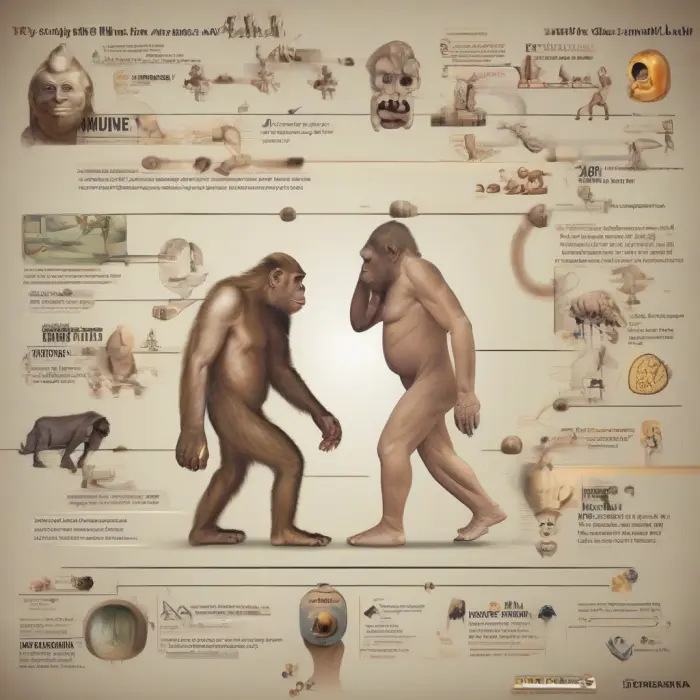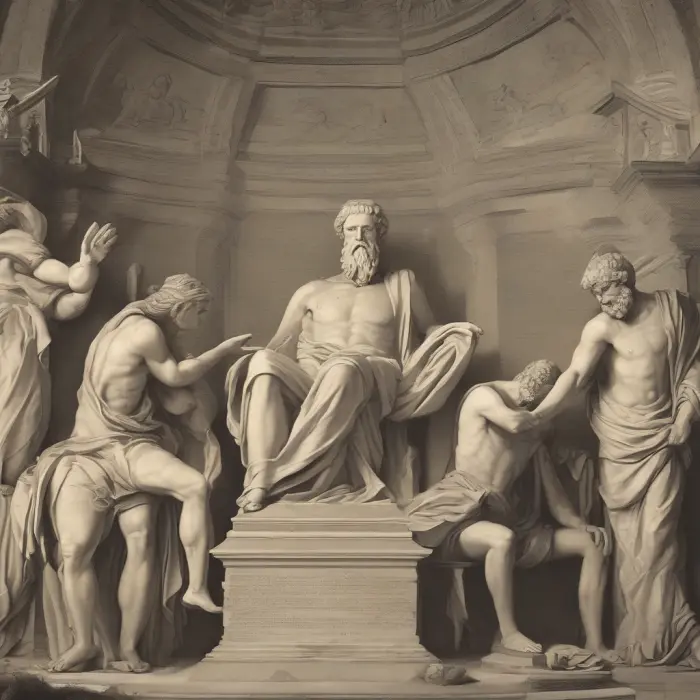Fascinating Historical Facts About Ancient Civilizations
Ancient civilizations have shaped the world as we know it today. Their intricate cultures, innovative inventions, and unique ways of life have profoundly impacted the course of human history. This article takes a deeper look at some compelling facts about a few most prominent ancient civilizations - Egypt, Babylon, Rome, and Greece.
Ancient Egypt
Known for its spectacular architecture and iconic Pyramids, the Ancient Egyptian civilization occupied the northeast corner of Africa along the banks of Nile River for nearly 3,500 years, from around 3100 BC to 332 BC. One fascinating fact about this civilization is that Egyptians were the first people to develop a year-round calendar. They divided the year into twelve months, each with exactly 30 days, plus 5 additional 'extraneous' days. This made their calendar far more accurate than the Julian calendar which superseded it.
Ancient Babylon
The Ancient Babylonian civilization was one of the earliest in world history, emerging around the 18th century BC in what is now Iraq. Babylonians are credited for creating one of the earliest known legal codes - the Code of Hammurabi. Moreover, they are also known for their pioneering work in astronomy. In fact, our modern time units - 60 seconds in a minute, 60 minutes in an hour - are based upon the Babylonian's base-60 numerical system.
Ancient Rome
From 753 BC to 476 AD, the Ancient Roman civilization dominated the European continent as well as parts of Africa and Asia. The Romans were adept engineers and built an extensive network of roads, bridges, aqueducts, and amphitheatres. They gave the world the concept of 'public service' - the idea that wealthy and capable citizens have a duty to contribute to the society. Equally fascinating is the fact that the Roman numerals we learn and use today originated from the Ancient Roman civilization.
Ancient Greece
The Ancient Greek civilization, famed for its philosophers, playwrights, and artists, spanned from around 800 BC to 600 AD. The Greeks gave the world the concept of democracy where decisions were made by citizens rather than kings or dictators. Another notable contribution from Ancient Greece is the Olympic Games, which were traditionally held every four years in Olympia to honor the Greek god, Zeus.
These civilizations were the backbone of our modern society, providing us with insights into the many complexities of human life, societal structures, and intellectual ideas. They remind us of our innate need to explore, innovate, and build, a legacy that continues to shape the world.










